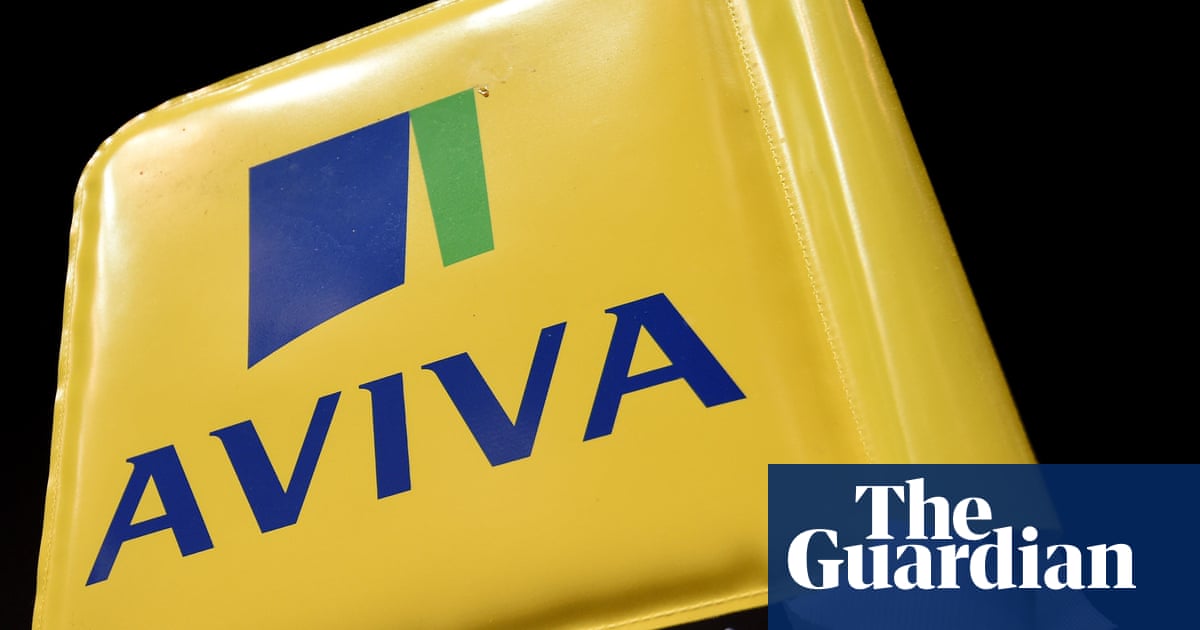The article outlines the launch of an investigation by the UK's Competition and Markets Authority (CMA) into Aviva’s proposed £3.7 billion acquisition of Direct Line, a significant move in the insurance sector that could reshape the competitive landscape. The investigation aims to assess the impact of this merger on market competition, which raises several implications for stakeholders involved.
Objective of the Investigation
The CMA's decision to investigate reflects concerns about how the merger may affect competition in the insurance market. Large consolidations in any sector can lead to monopolistic practices, potentially harming consumers through higher prices and reduced choices. By initiating a phase 1 investigation, the CMA seeks to ensure that consumer interests remain protected. The anticipation surrounding the outcome of this investigation indicates that it may serve to signal the regulatory environment's stance on mergers within the industry.
Public Perception and Sentiment
The news may cultivate a sense of caution among consumers and investors regarding the merger's implications. The public could perceive this investigation as a necessary step to ensure fair competition in a market that is already dominated by a few major players. However, the mention of job cuts in the combined company could evoke concerns about employment stability within the sector, suggesting that while the merger may create a larger entity, it could also result in significant job losses.
Potential Omissions
One might question whether the article downplays the broader implications of the merger and the job cuts mentioned. While it highlights the merger's potential benefits in terms of creating a larger insurer, it does not extensively address the potential negative ramifications for employees and the overall job market within the insurance sector. This could indicate a focus on the merger's economic aspects while glossing over social consequences.
Comparative Analysis with Other News
When comparing this article with other coverage on mergers in various sectors, a pattern emerges where regulatory bodies are increasingly scrutinizing large mergers to protect market competition. This trend aligns with heightened awareness of consumer rights and market dynamics, suggesting a shift towards more stringent regulatory practices across industries.
Impact on Economic and Political Landscape
The outcomes of this investigation could have significant ramifications for the insurance industry, influencing market share dynamics and competitive strategies. If the merger is blocked or subjected to stringent conditions, it could set a precedent for future mergers, affecting how companies approach acquisitions. Politically, it may also reflect broader regulatory trends in the UK as authorities respond to public concerns over market concentration.
Target Audience
This article primarily addresses investors, industry analysts, and consumers. Investors may be keenly interested in the potential impacts of the investigation on share prices and market stability, while consumers might focus on how the merger could affect their insurance options and prices.
Market Response and Stock Implications
This news could influence stock prices of both Aviva and Direct Line, depending on market sentiment regarding the likelihood of the merger's approval. Investors may react based on perceptions of regulatory risks and potential shifts in market competition, making it crucial for companies in the insurance sector to monitor the investigation closely.
Global Context and Relevance
In the broader context, the investigation aligns with global trends toward increased scrutiny of mergers and acquisitions, highlighting the importance of maintaining competitive markets. This situation resonates with ongoing discussions about corporate consolidation and its implications for economic equity and consumer rights worldwide.
Use of AI in Article Composition
While there is no explicit indication that artificial intelligence was used in crafting the article, the structured nature and clarity suggest potential assistance from AI tools in organizing the information. The report's tone is neutral and informative, which could be characteristic of AI-generated content aimed at conveying facts without bias.
In conclusion, the investigation into Aviva's acquisition of Direct Line serves multiple purposes, from regulatory scrutiny to consumer protection. It raises critical questions about competition in the insurance market and the balance between corporate growth and job security. The article presents a factual account, although it could benefit from a more comprehensive exploration of the merger's social implications. Given these factors, the reliability of the news appears strong, although the nuances of public sentiment and potential job losses warrant a more detailed examination.
